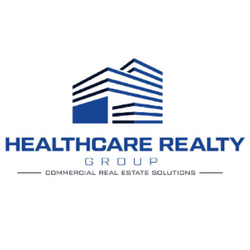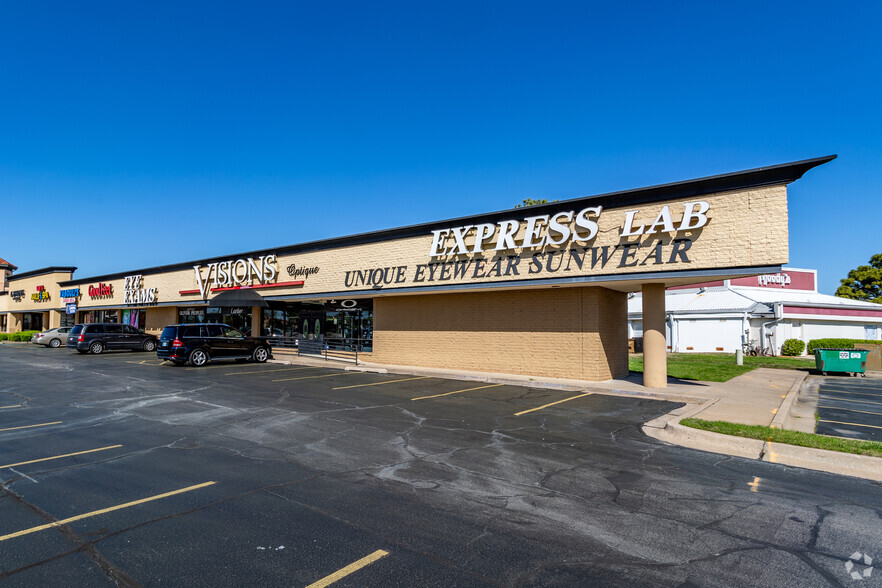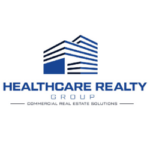As a medical tenant looking to lease commercial space, you may come across the term “triple net lease” or NNN lease. This type of lease has become increasingly common for medical office and healthcare properties over the past few decades.

What is a Triple Net Lease?
A triple net lease, sometimes referred to as net-net-net or NNN, is a type of commercial lease agreement that designates the tenant will pay all or most of the costs associated with maintaining the property in addition to rent. The triple net refers to the three major operating expenses that are passed through to the tenant:
- Property taxes
- Property insurance
- Maintenance/repairs
Under an NNN lease, the medical tenant is responsible for all three of these expenses on top of their base rent payment each month. The term can also sometimes encompass utilities, janitorial, security, landscaping, and other costs. The property owner or landlord collects a base monthly rent and the tenant pays all other building-related expenses directly.
The Pros of NNN Leases for Medical Tenants
There are some potential advantages to agreeing to a triple net lease structure as a medical tenant renting space.
Greater Transparency and Control Over Additional Expenses
Because all operating costs are passed through to the tenant, it eliminates the uncertainties over what additional expenses you may be responsible for as part of your occupancy. With a gross lease, your base rent may be lower but you could still be liable for unspecified additional or “hidden” charges for maintenance, repairs, insurance and more. Under an NNN lease, you know upfront what your responsibilities are beyond just rent.
Ability to Deduct Expenses on Taxes
By directly paying costs like property taxes, insurance and maintenance, you can deduct these as business operating expenses when filing your taxes. This can lead to substantial tax savings and deductions over time to help offset your total occupancy costs.
Only Pay for What You Use
For medical tenants that do not require intensive use of the building or utilities, an NNN lease can allow you to save versus gross leases. You will only be responsible for taxes, insurance, maintenance, utilities and other expenses based on your unit’s proportional share. If you use less water or energy than restaurants or other commercial tenants, an NNN lease may save you money.
Potential for Lower Base Rents
Landlords are able to offer lower base rent rates under NNN leases since tenants cover most additional costs directly. So while your total occupancy costs may be comparable between a gross and NNN lease, the lower face value rent may appear favorable and more affordable.
The Cons of NNN Leases for Medical Tenants
However, there are also some potential disadvantages of NNN lease structures that medical tenants should consider before agreeing.
Unpredictable Operating Expenses
While you recoup some control and transparency over additional expenses under an NNN lease, costs like taxes, insurance, maintenance and repairs can vary unpredictably year over year. This makes estimating your total occupancy costs more difficult. One major roof repair or spike in property taxes can lead to a sudden jump in your expenses.
Responsible for Paying for Repairs and Improvements
Under triple net lease agreements, you will most likely be responsible for both routine maintenance and repairs as well as significant building improvements or system upgrades. Depending on the age of the property, this may result in substantial unexpected capital expenses during your lease term.
Administrative Burden
Handling expenses individually like property taxes, insurance, maintenance requests, utility bills and other operating costs creates more administrative work compared to gross leases. You need to budget accurately, manage expenses and meet compliance requirements across numerous areas.
Harder to Qualify for Financing
Some lenders view NNN leased properties as riskier investments so you may not qualify for favorable financing terms. Banks consider that the higher operating expenses and unpredictable maintenance costs run counter to stable income needed to service business loans or medical office mortgages.
Negotiate Specific Lease Terms
Since NNN lease structures can vary widely, a lot depends upon how maintenance, taxes, insurance responsibility and other factors are spelled out in your specific contract. Examining the fine print closely and negotiating terms accordingly is key. Getting legal counsel to review helps avoid overpaying or getting saddled with vague expense obligations.
Doing thorough due diligence if considering an NNN lease as a medical tenant is key – and understanding clearly what expenses you will be responsible for compared to a gross lease structure. While the lower base rents may appear attractive, the overall costs over your lease term may prove far higher.
When entering into a triple net lease, medical tenants should negotiate terms to help control costs and minimize risk of unpredictable expenses.
- Cap Property Tax Increases – Seek a clause that caps how much property taxes can be raised per year, often around 10%, to prevent spikes.
- Establish Repair Cost Limits – Specify a dollar limit on how much you will pay annually for maintenance and repairs, for example $1.50 per square foot.
- Shorten Lease Term – Sign a 3-5 year triple net lease instead of 10+ years to have flexibility in case expenses grow quickly.
- Split Responsibilities – Negotiate to share certain operating costs like taxes and insurance with the landlord to reduce risk.
- Exclude Specific Systems – Seek to carve out responsibility for replacing costly HVAC, roof or elevators during your lease.
We can help you negotiate the terms of your lease to get you the best deal possible. Contact us today.





